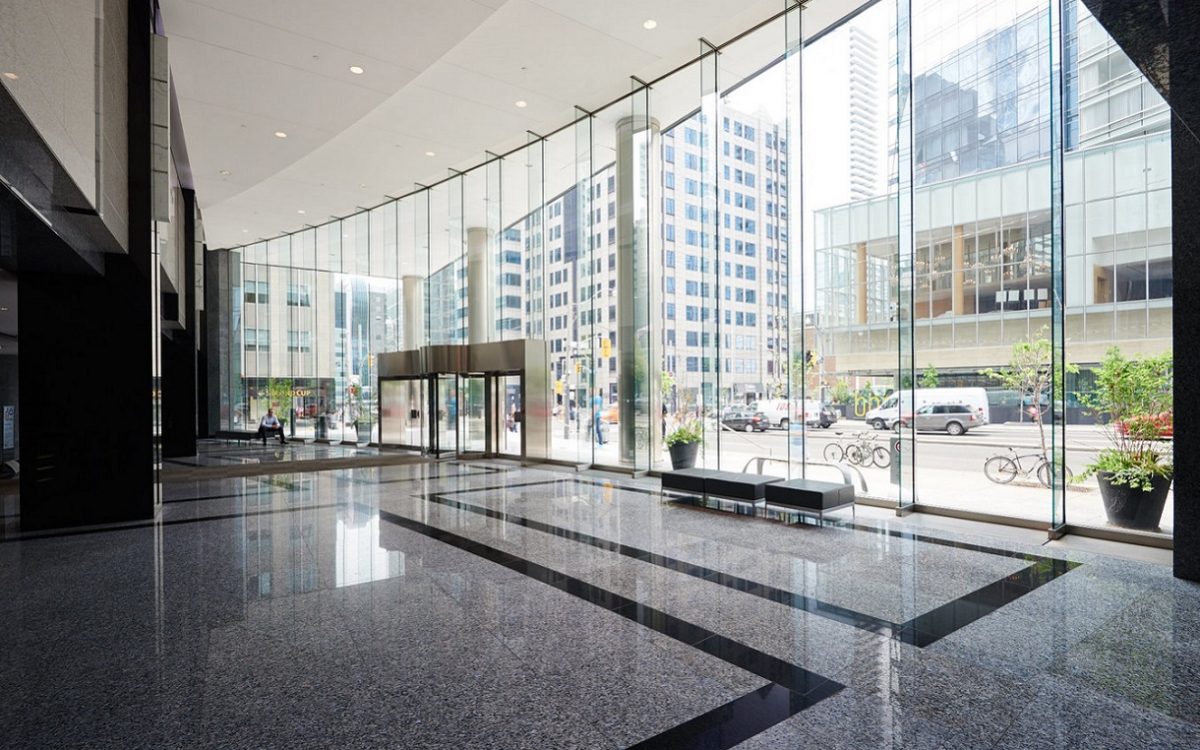The claimant appealed the Tribunal’s decision that his IRB claim was barred by the limitation period. The claimant initially made an application for IRBs, but the returned to full time work. The claimant subsequently went off work more than three years later. He argued that his IRB claim was not discoverable until he went back off work. The Tribunal disagreed, holding that the insurer’s denial of IRBs when the claimant returned to work was sufficient to trigger the limitation clock, and that the claimant did not dispute entitlement within two years. The Court dismissed the appeal, holding that the Tribunal applied the law correctly. The Court held that the initial denial was clear and unequivocal. Subsequent communications by the insurer regarding calculation of the IRB for the period the claimant was initially off work did not re-start the limitation clock. Finally, the Court held that the claimant did not discover his claim for IRBs after going off work a second time, and that the claimant could not “re-apply” for post-104 week IRBs.








